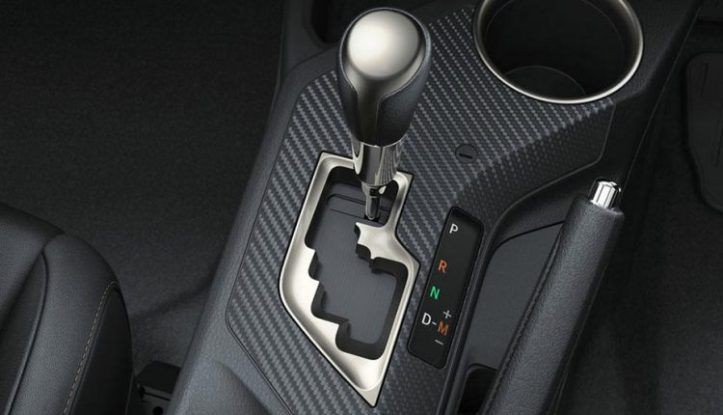From classic manual transmissions to modern CVTs and cutting-edge DCTs, each system has its unique characteristics that shape your driving experience.
When it comes to the heart of your vehicle's power delivery, understanding the various transmission types is essential. In this article, we'll delve into the details of each transmission type, their pros and cons, and how they impact your time behind the wheel.
Manual Transmissions: The Art of Control
Manual transmissions - often referred to as "stick shifts" - offer a tactile and engaging driving experience. By allowing the driver to manually shift gears using a clutch pedal, they offer greater control over gear selection and engine performance.
Enthusiasts appreciate the direct connection between the driver and the vehicle. However, mastering a manual transmission requires practice and skill, making them less common in today's automatic-dominated market.
Automatic Transmissions: Convenience and Ease
Automatic transmissions have gained popularity for their convenience. They automatically shift gears based on speed and load, making driving smoother and less demanding.
While early automatics were criticized for lower fuel efficiency, modern versions often match or exceed the efficiency of manuals. Their ease of use is particularly appealing in heavy traffic or for those who prefer a relaxed driving experience.
CVTs: The Continuously Variable Option
Continuously Variable Transmissions (CVTs) stand out for their seamless acceleration and fuel efficiency. Instead of fixed gears, they use a system of belts and pulleys to provide an infinite number of gear ratios.
This results in smoother acceleration and optimal engine performance, especially in city driving. CVTs excel in efficiency, but some drivers may miss the traditional feel of gear shifts.
DCTs: The Future of Performance
Dual-Clutch Transmissions (DCTs) combine the best of both worlds - the convenience of automatics and the engagement of manuals.
With two separate clutches for odd and even gears, DCTs deliver lightning-fast gear changes and enhance acceleration. Popular in high-performance vehicles, DCTs provide rapid shifts without the power interruption associated with traditional automatics.
Choosing the Right Transmission for You
The decision between these transmission types depends on your preferences and driving needs. Enthusiasts might opt for the engagement of a manual or the speed of a DCT, while commuters may prefer the convenience of an automatic or the efficiency of a CVT. Consider factors such as driving conditions, fuel efficiency, maintenance costs, and personal driving style.
In conclusion, the transmission type you choose can significantly impact your driving experience. Whether you're drawn to the control of a manual, the ease of an automatic, the efficiency of a CVT, or the performance of a DCT, each system has its merits. Understanding these transmission types empowers you to make an informed choice, ensuring your vehicle aligns with your driving preferences and lifestyle.

Comments (0)
Please login to join the discussion
Be the first to comment on this article!
Share your thoughts and start the discussion